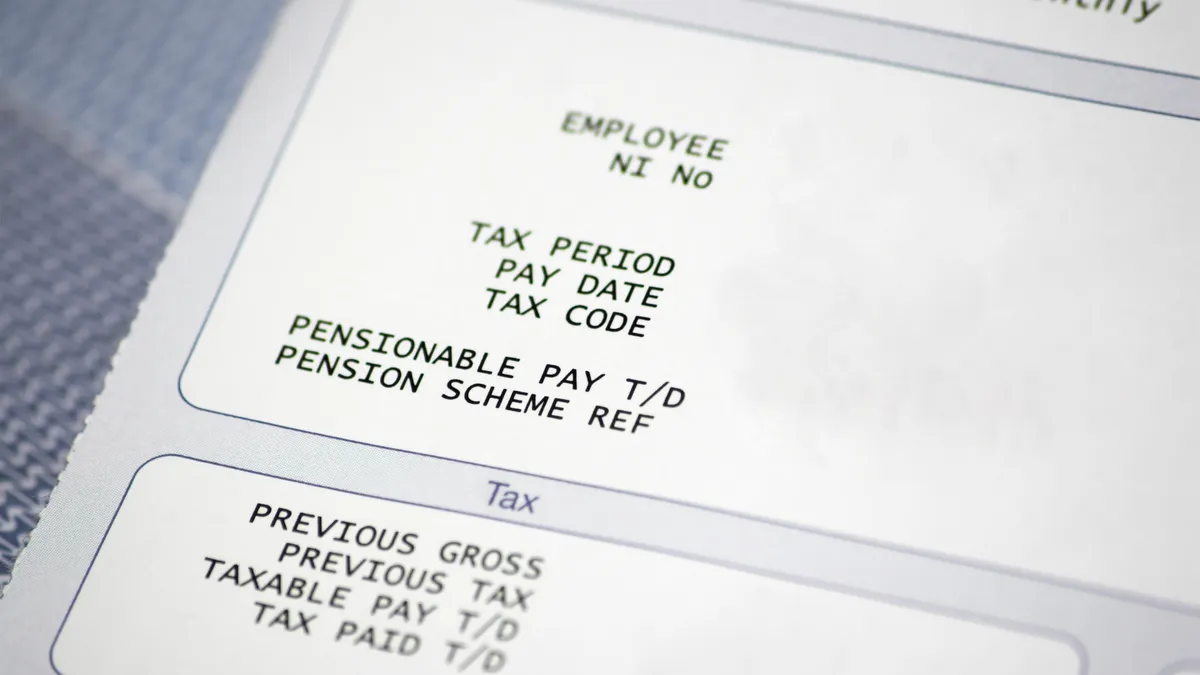On paper, it’s an intriguing idea: Unlimited paid time off means no vacation banks or caps — workers take as much or as little vacation time as they see fit. Employees like that they're not being nickeled-and-dimed, and HR professionals like the idea of having one fewer thing to track. But is it really that simple?
A growing trend
Unlimited PTO policies are certainly a growing trend, according to Daniel F. Pyne III, a shareholder at Hopkins & Carley. And "I would expect it to continue to grow," he told HR Dive.
After all, the notion of unlimited PTO "has a lot of appeal to employees; it sounds good," said Rich Fuerstenberg, a senior partner at Mercer. He said he believes it helps with attraction and retention of employees, whether they are mid-career or just out of college: "If your vacation policy for new hires is two or three weeks, they will wonder, 'What if I want more time?' Unlimited means you don’t have to negotiate."
Switching over
"It’s great to not have to pay out [accrued vacation] when people leave," Maggie Grover, a partner at Wendel, Rosen, Black & Dean LLP told HR Dive. Because people are so connected and working even when they’re technically off, they tend to take fewer full vacation days. So even if you cap a vacation bank at 1.5 or 2 times the annual accrual amount, she said, the payout at the end of the employment relationship can still be significant. (Not every state, she noted, requires employers to pay out accrued vacation.)
But here’s the rub: When you switch to a unlimited vacation policy from a traditional policy, you need to deal with that existing bank of accrued time. "What you do with those balances can be a challenge, but once that process is over it’s not a problem going forward," said Fuerstenberg.
Pyne said there’s no one-size-fits-all recommendation for how to handle the accrued time, but "you can leave a bad taste in employees’ mouths in terms of morale" if you don't consider all the angles. If there's a substantial amount of accrued PTO, Pyne said, employers may elect to take the hit in terms of morale and draw an employee's time off against that bank until it’s paid out, at which point you shift to the new unlimited PTO system. If there is any unused accrued leave left over when a worker's employment ends, that can be paid out. If there is not a huge balance, Pyne said he's had some clients decide to just pay it out. "It depends on how many dollars you’re talking about," he said.
The 'unlimited' PTO paradox
A seeming paradox of "unlimited" vacation time is that employees may get timid about taking time off. Fuerstenberg said that in a recent Mercer survey, most employers who had switched over to unlimited vacation policies reported that employees took the same amount of vacation as they did before. Some said workers took less time, but few said they took more.
"Some employers say, 'It’s unlimited but you must take no less than two weeks,' but that can be a slippery slope," he said. "If you start saying things like, 'no fewer than two weeks and and no more than four weeks,' that starts to sound like a traditional vacation policy."
Fuerstenberg also raised the challenge of equity. An employee with a good manager can satisfactorily arrange his or her time off, he said, but "a bad manager always says no." He said employers must trust both employees and managers and provide them with the tools they need to make unlimited leave work.
Potential abuses
A number of Fuerstenberg's clients have moved away from the term "unlimited vacation" and are now using terms like "untracked" because "'unlimited' sets you up to fail," he said. "Employees think, 'I can take as much time as I want.' But you still have to do your job. If employees have performance targets, they still have to meet those targets." He also noted that unlimited time off may be unmanageable for certain types of businesses and employees, such as call centers, retail and hospital nurses; "You need some rigidity there to run the business."
"With nonexempt employees, you start seeing more taking off here and there, including Friday/Monday absences," said Grover. "It’s really difficult with unlimited time off to say, 'this is too much.'" Instead, employers should be clear about expectations, she said, especially with planned time off.
Grover also cautioned that unlimited leave policies may mask underlying issues that should be examined: "You don’t know if it’s a performance issue, a substance abuse issue or a burned-out employee issue, but any of those are things you might want to address."
Compliance concerns
Employers are obligated to adjust certain production and performance expectations when employees take protected leave under, for example, the Family and Medical Leave Act (FMLA). It is a problem, Grover said, when employers with unlimited leave policies refuse to similarly adjust expectations when employees take time off for potentially protected reasons, such as having a baby or caring for a family member with a serious illness.
Employers may think putting time off into the proper "bucket" no longer matters if you have an unlimited leave policy, but it does, she explained: "If you don’t appropriately categorize the protected leave, you may not apply it correctly, may not know when that particular leave is expiring, and may not give the appropriate notices."
Additionally, posited Grover, "When is the leave paid, and when is it unpaid? If you don’t write the policy correctly, the employee will have the expectation that the time is paid; the employer certainly won’t."
Pyne agreed that employers need to watch for unlimited being used for unintended purposes. "The intended purposes are short-term leaves, such as the vacations we all take. It is not meant for serious, disabling illness" — and he said he's seen policies that don't account for that distinction. "Be sure to clarify that it is not intended to be used for a leave that might qualify under something like FMLA or disability benefits under an employer’s insurance policy. You don’t want it to become a permanent paid leave."
Too much of a good thing?
Unlimited vacation policies sometimes improve morale and sometimes don't, and it often depends on how they're rolled out and how managers behave, Pyne said. "If your manager takes three days a year, employees get the message that they shouldn’t take much. But if managers take two to three weeks per year, employees feel more comfortable doing the same." Some of his clients have reported employee anxiety because workers don't know what the expectations are anymore.
Grover, too, has seen some pushback from employees relating to unlimited vacation. "They don’t really like it. They want something in the bank for when they leave for a new job, or the ability to take time off — it’s a trade-off."
For employers interested in testing such a benefit, Fuerstenberg recommends starting with a small group of employees. You can always expand the policy, he said, but "taking away an 'unlimited' benefit feels like a major takeaway."






















